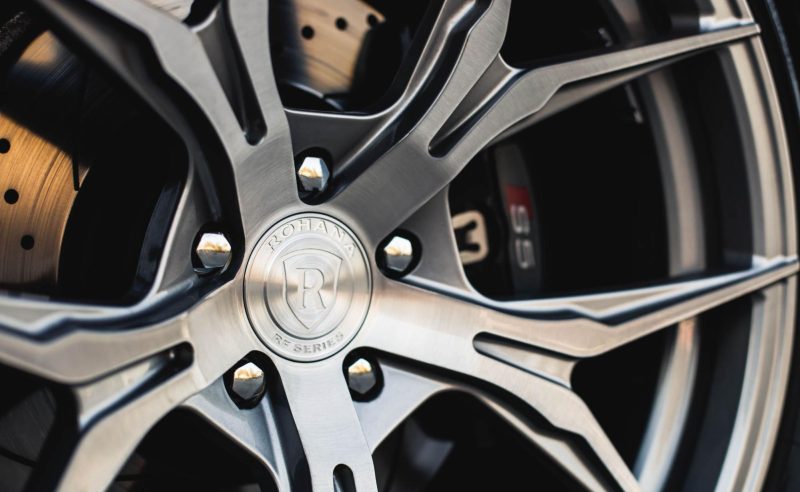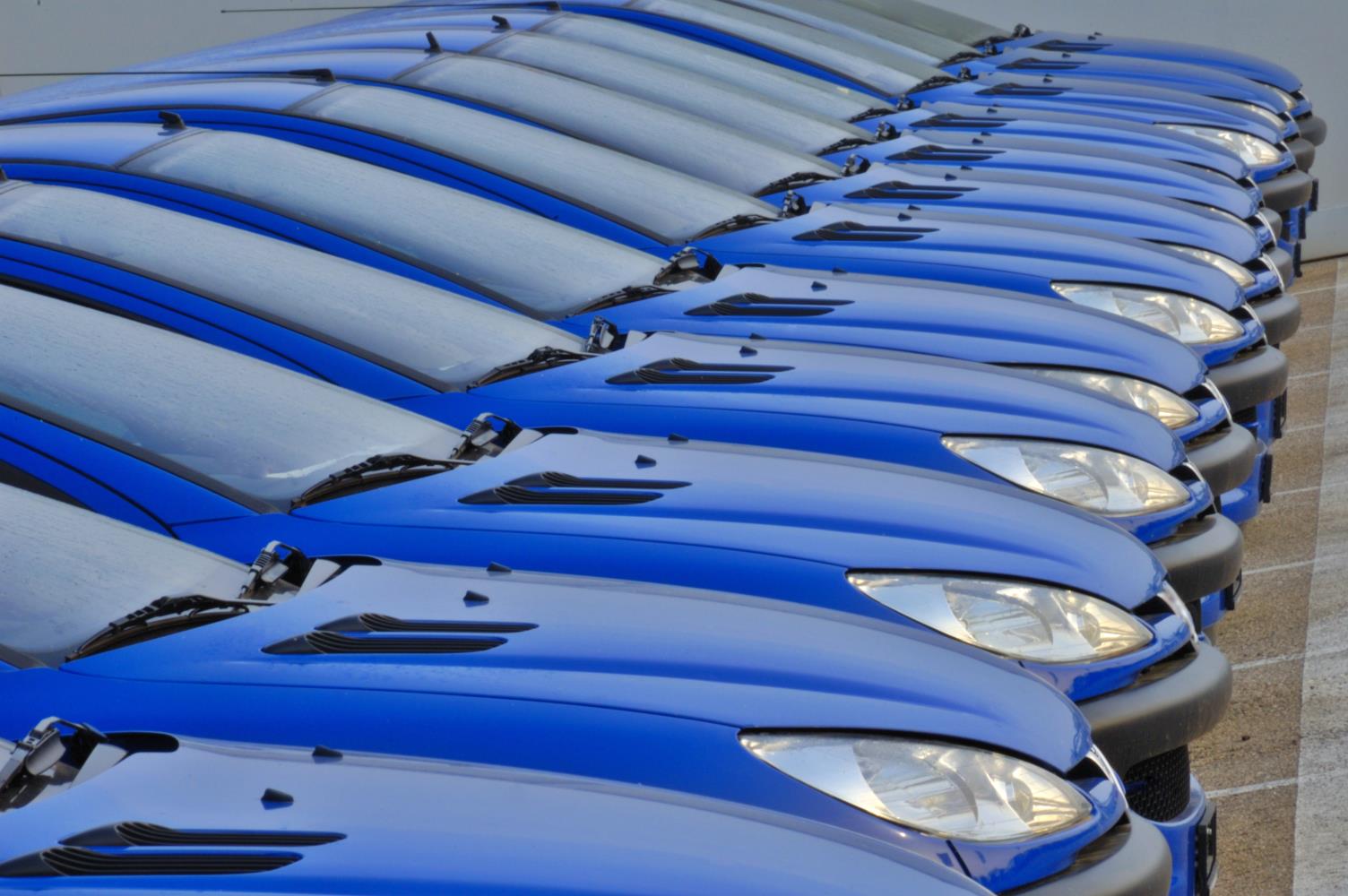Last Updated on: 19th December 2023, 03:07 pm
Alloy wheels are a preferred option for car enthusiasts and daily drivers, offering both aesthetic and performance benefits. This ultimate guide aims to instruct you on the appropriate care for your alloy wheels in the UK, ensuring their continued excellence in appearance and function. The guide also covers the topic of alloy refurbishment when it becomes necessary.
Table of Contents
- Introduction
- Tools and Materials
- Cleaning Alloy Wheels
- Protecting Alloy Wheels
- Repairing Alloy Wheels
- Alloy Refurbishment
- Introduction: Alloy wheels, combining aluminium with other lightweight metals, bring numerous advantages over traditional steel wheels, such as better performance, improved fuel efficiency, and a stylish look. To keep these benefits and uphold your vehicle’s value, regular maintenance and sometimes alloy refurbishment are essential.
- Tools and Materials: Before beginning the maintenance of your alloy wheels or starting a refurbishment project, you should have these tools and materials ready:
- A hose or bucket of water
- Car wash soap or alloy wheel cleaner
- Soft bristle brush or microfiber cloth
- Wheel brush
- Wheel cleaner brush (optional)
- Wheel cleaner gel (for stubborn grime)
- Wheel wax or sealant
- Applicator pads or microfiber towels
- Plastic bags or wheel covers
- Latex gloves (optional)
- Jack and jack stands (for wheel removal, if necessary)
- Socket set (for wheel removal, if necessary)
- Wheel repair kit (optional for minor damage)
- Alloy refurbishment kit (if needed for extensive repairs)
- Cleaning Alloy Wheels: Regularly cleaning your alloy wheels is vital to prevent damage from brake dust and road grime.
Step 1: Prepare Your Workspace
- Park your vehicle in a shaded area to avoid cleaning solutions drying too quickly.
- Ensure your alloy wheels are cool to the touch to prevent damage from temperature fluctuations.
Step 2: Rinse
- Begin by rinsing the wheels with water to remove loose dirt and debris.
Step 3: Apply Cleaner
- Use a wheel cleaner or a mixture of car wash soap and water to apply a generous layer of cleaner to the wheels. Allow it to dwell for a few minutes to loosen stubborn grime.
Step 4: Scrub
- Gently scrub the wheels with a soft bristle brush, wheel brush, and wheel cleaner brush if needed. Be cautious not to scratch the surface.
- Pay extra attention to the nooks and crannies where dirt tends to accumulate.
Step 5: Rinse Again
- Rinse the wheels thoroughly to remove all cleaning residue.
Step 6: Dry
- Dry the wheels using a clean microfiber towel to prevent water spots.
- Protecting Alloy Wheels: Applying a layer of wheel wax or sealant is a great way to keep your alloy wheels both shiny and protected.
Step 1: Apply Wax or Sealant
- Use an applicator pad to apply a thin, even wheel wax or sealant layer.
- Follow the product’s instructions regarding drying time.
Step 2: Buff
- After the recommended drying period, buff the wheels with a clean microfiber towel until they shine.
- Repairing Alloy Wheels: Minor damage like scratches or curb rash can be fixed with a wheel repair kit, but for more extensive damage, alloy refurbishment by a professional is advisable.
Step 1: Clean the Damaged Area
- Ensure the damaged area is clean and free from any dirt or debris.
Step 2: Apply Filler
- Use the wheel repair kit to apply filler to the damaged area. Follow the kit’s instructions carefully.
Step 3: Sand and Smooth
- Once the filler has dried, sand it to create a smooth surface. Gradually use finer grit sandpaper for a polished finish.
Step 4: Paint
- If necessary, use touch-up paint to match the wheel’s colour and paint over the repaired area.
Step 5: Protect
- Apply a wheel wax or sealant to the entire wheel to protect the repaired area.
- Alloy Refurbishment: For deep gouges or advanced corrosion, professional refurbishment is the best option to restore your alloy wheels to their former condition.
In closing, diligent maintenance of your alloy wheels in the UK is a valuable endeavour that not only enhances the appearance of your vehicle but also extends the lifespan of your wheels. Regular cleaning and protection are important, but for severe damage, alloy refurbishment is the recommended course of action.









